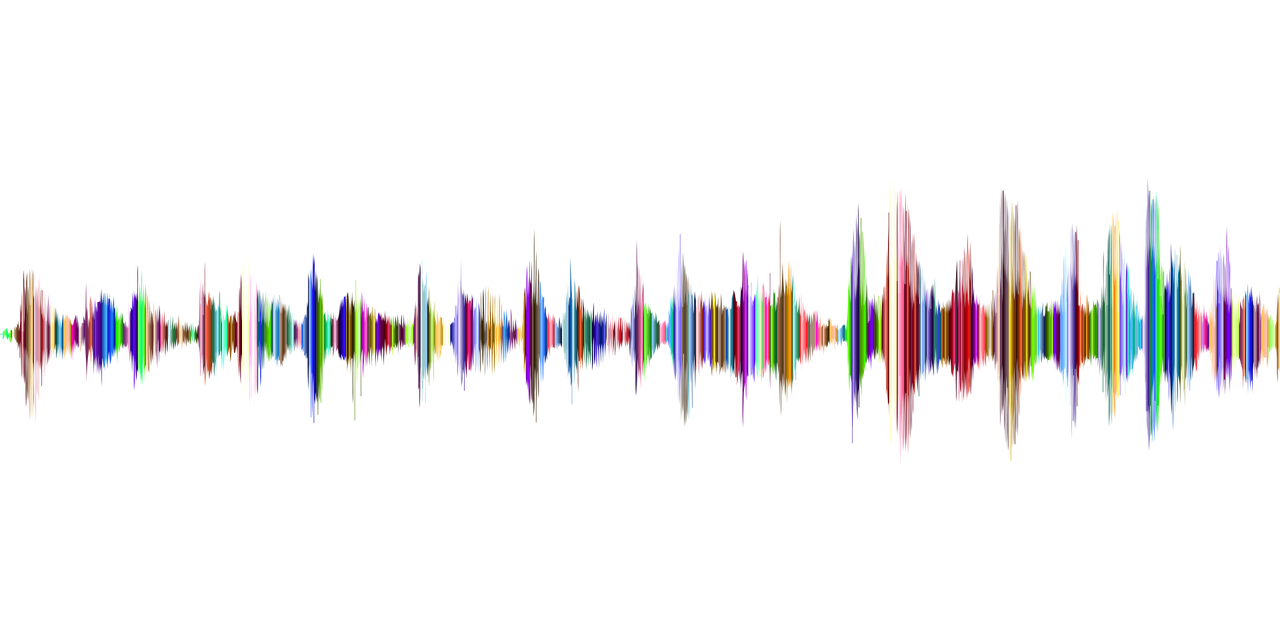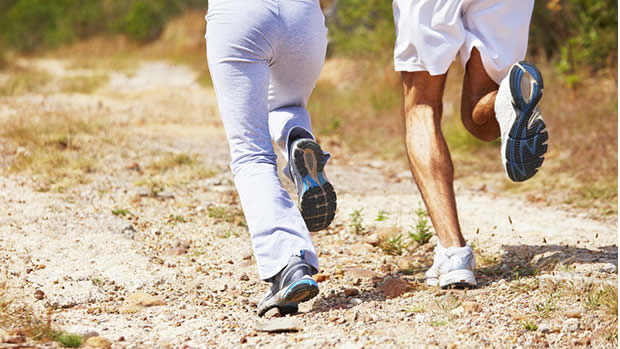Research and Articles
In this section, John Hubbell presents three areas of research.
- Research and findings on fitness, nutrition and wellness. These are also shared in the newsletter.
- Research on biological ageing and rejuvenation.
- Research from John’s relationship with the University of Toronto’s Medical School through Health Edge Innovations Inc and the Translational Research Programme.
LATEST ARTICLES
Wellness: A Value Proposition
Wide reaching implications of wellness Everybody has their own definition of wellness. Putting a scientific definition to wellness means a state of... philosophical psychological physi [...]
Medical Shockwave Therapy
I have just commenced a treatment programme of Medical Shockwave therapy on my left ankle that was broken when I was 17 whilst playing North American Football. It is now full of arthr [...]
Get Gassed
One of the major reasons why so many people fail to continue on a fitness program, such as the traditional failed New Year’s Resolution, is that they do not give the body time to adap [...]
If the world was perfect
We know that the prescription for leading a long, productive lifestyle includes: Proper nutrition Movement Sleep and Continual body maintenance and observation These points are primar [...]
AGEALETE RESEARCH
John Hubbell is in the process of proposing a doctoral study in the area of aging. His interests are the aspects of biological aging and how the longevity factors of genetics, the environment, and life style management are influencing life span, ‘with and without disability’.
This study will investigate how biological age in relationship to chronological age impacts on social and economic issues. His study will investigate the following questions:
- What are the various definitions of biological age?
- What are the academic based biological age determinants that are in use today?
- What are the motivating and de-motivating factors with respect to participating in a wellness programme?
- How are the relationships of the three impacting longevity factors (environment, genetics and life style management) influencing health and longevity?
- What types of activity groups are there in age group recreation?
- What is the longevity status for 55 to 80 plus to determine demographic longevity norms?
- What are the uses of biological age in medical diagnostic practice, actuarial science for pensions and health insurance policies, fitness industry, and government policy?
- What are the types of wellness programs available to the retirement community?
- What are the facilities and support available to the specific study population in relation to wellness management?
- What are the steps to a wellness programme and what degrees of participation will result in measurable reduction in biological age if any?
- What are the varying costs of a total wellness programme?
- How an improvement in nutrition and exercise will affect an individual’s biological age in relationship to their chronological age?
- What are the issues of disability in the retirement community as defined by this study?
- What are the economic costs to age related disability due to increasing longevity?
- What would be the percentage of savings to the economy if there was a decrease in biological age and a decrease in age onset disability?




